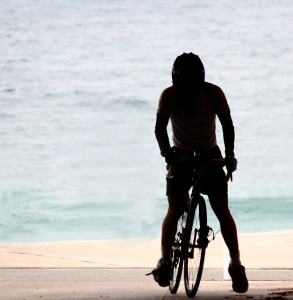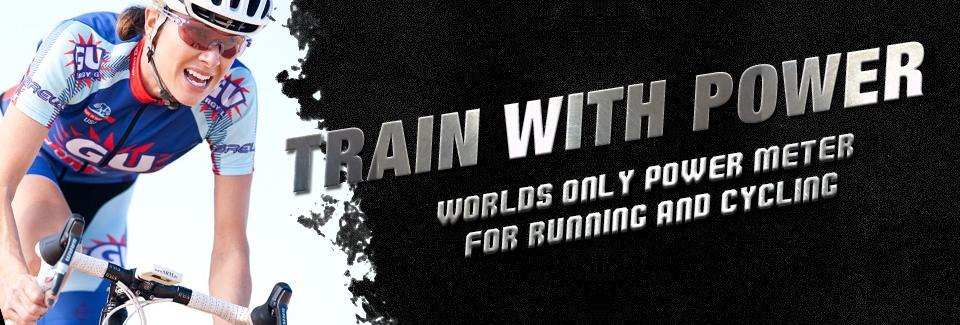 Once only found in tropical locales or health food stores, coconut water is now readily available at mainstream supermarkets, often displayed prominently near the checkout area in colorful cartons that resemble juice boxes. You may wonder if its prevalence is due to heavy marketing campaigns or because of a real consumer demand. Some health experts call coconut water “nature’s sports drink” and claim that it is healthier all around than commercially prepared sports beverages, but does the product live up to the hype, or should you stick to your old standbys for electrolyte replacement?
Once only found in tropical locales or health food stores, coconut water is now readily available at mainstream supermarkets, often displayed prominently near the checkout area in colorful cartons that resemble juice boxes. You may wonder if its prevalence is due to heavy marketing campaigns or because of a real consumer demand. Some health experts call coconut water “nature’s sports drink” and claim that it is healthier all around than commercially prepared sports beverages, but does the product live up to the hype, or should you stick to your old standbys for electrolyte replacement?
What Is Coconut Water?
Coconut water is the liquid found inside of young, green coconuts. In tropical countries, it is often sold fresh on the streets and is touted as not only a refreshing beverage but also a great source of potassium and sodium, two important electrolytes that are also found in sports drinks. Eight ounces of fresh coconut water has 46 calories and contains 250 milligrams of sodium, 600 milligrams of potassium and 9 grams of carbohydrates. Commercially prepared coconut water has roughly the same nutritional content except for sodium levels, which average only about 30 milligrams per 8 ounces.
How Do Sports Drinks and Coconut Water Compare?
Compared to your favorite sports drinks, coconut water is considerably lower in sodium and carbohydrates, both of which are critical to replenish your body after a grueling workout. This is especially true for runners and triathletes who train for 90 minutes or longer per session. While coconut water is an excellent source of hydration and potassium, sports drinks are better sources of electrolytes—especially sodium—and easily absorbed carbohydrates that give you a burst of energy after a workout. The high price of coconut water, which runs around $2 to $3 per serving, may also prevent you from reaching for it on a regular basis. If you do choose coconut water over a sports drink, however, you can always supplement it with a snack containing carbs and salt to make up the difference.
Just as staying hydrated and replenishing electrolytes are crucial for a superior athletic performance, maintaining proper biomechanics when running and biking can take you to the next level. Explore our website to find out how our state-of-the-art footbeds can help you achieve the ideal form, and follow us on Facebook and Twitter for more tips on hydration and nutrition.








